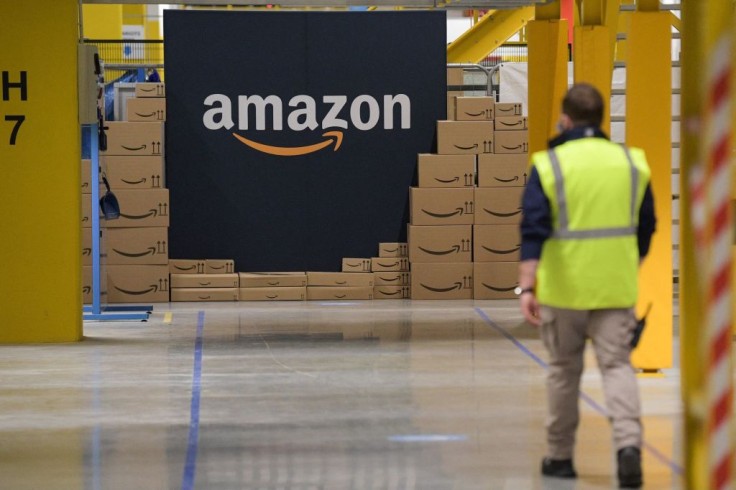Amazon is battling the FTC again in another landmark lawsuit.
The FTC recently filed an antitrust lawsuit against Amazon for illegally maintaining monopoly power over the online market, preventing rivals and sellers from competing and accommodating consumers.
The FTC is suing the e-commerce giant alongside 17 state attorneys general who support the government agency's antitrust lawsuit against Amazon.
Amazon's Illegal Monopolistic Behavior
The FTC, in its announcement, stated that it and 17 state attorneys general sued Amazon for allegedly maintaining its monopoly power in the online market by using a set of interlocking anti-competitive and unfair strategies.
These strategies allow the e-commerce giant to stop rivals and sellers from lowering prices, degrade quality for shoppers, overcharge sellers, stifle innovation, and prevent rivals from fairly competing against it.
As a result, the company's current and future rivals couldn't attract a critical mass of shoppers and sellers for them to thrive, preventing them from threatening its hold on the online market.
Amazon's alleged monopolistic behavior can be found in two markets - the online superstore market that serves shoppers and the market for online marketplace services purchased by sellers. To stop sellers from lowering prices, it created anti-discounting measures that punish them for lowering their product's prices and deter other online retailers from offering prices lower than Amazon, keeping prices higher for products across the internet.
To prevent current and future rivals from competing against Amazon, the e-commerce giant conditions sellers' ability to obtain "Prime" eligibility for their products on sellers using Amazon's fulfillment service. This strategy makes the act of sellers offering their products on other platforms substantially more expensive than it should be.

Read More : Google To Retire Gmail's HTML View in 2024
In addition to these anti-competitive strategies, Amaozn also "extracts enormous monopoly rents from everyone within its reach." To do so, it allegedly executes the following strategies:
- Replacing relevant, organic search results with paid advertisements and deliberately increasing junk ads that degrade customer experience and search quality and frustrate shoppers seeking products and sellers whom Amazon promised a return on their advertising purchase.
- Biasing Amazon's search results to prefer its own products over ones that Amazon knows are of better quality and
- Charging costly fees on its sellers who currently have no choice but to rely on Amazon to stay in business, depriving them of almost half of their total revenues.
17 state attorneys general agree with the FTC's allegations, and have joined it to sue Amazon too. These state attorneys general came from:
- Connecticut
- Delaware
- Maine
- Maryland
- Massachusetts
- Michigan
- Minnesota
- New Jersey
- New Hampshire
- New Mexico
- Nevada
- New York
- Oklahoma
- Oregon
- Pennsylvania
- Rhode Island
- Wisconsin
The FTC's Goal
The FTC's complaint, which it filed in the US District Court for the Western District of Washington, seeks a court order preventing Amazon from engaging in the alleged anti-competitive behavior. However, FTC Chair Lina M. Khan isn't ruling out a possible breakup of Amazon nor the potential for individual executives to be named in a landmark antitrust case against the e-commerce giant, according to CNN.
"At this stage, the complaint is really focused on the issue of liability," Khan said at the event hosted by Bloomberg News in Washington. However, the agency's complaint, filed in Seattle federal court, suggests that the court order the FTC is praying to get could include "structural relief" - a legal term referring to a potential breakup of Amazon.
Whether the FTC will call for a break up of Amazon remains to be seen. Nevertheless, Amazon isn't taking the lawsuit lightly - David Zapolsky, the company's senior vice president of global public policy and general counsel, said that the FTC's lawsuit has departed from its mission of protecting consumers and competition.
Zapolsky stated in a blog post that should the FTC get its way, it would lead to higher prices, slower deliveries for consumers, and even hurt businesses. He also stated that the government agency's complaint mischaracterizes the retail industry and the "dynamic competition" consumers benefit from every day.
Related Article : FTC, Amazon Enter Legal Battle With Antitrust Lawsuit









